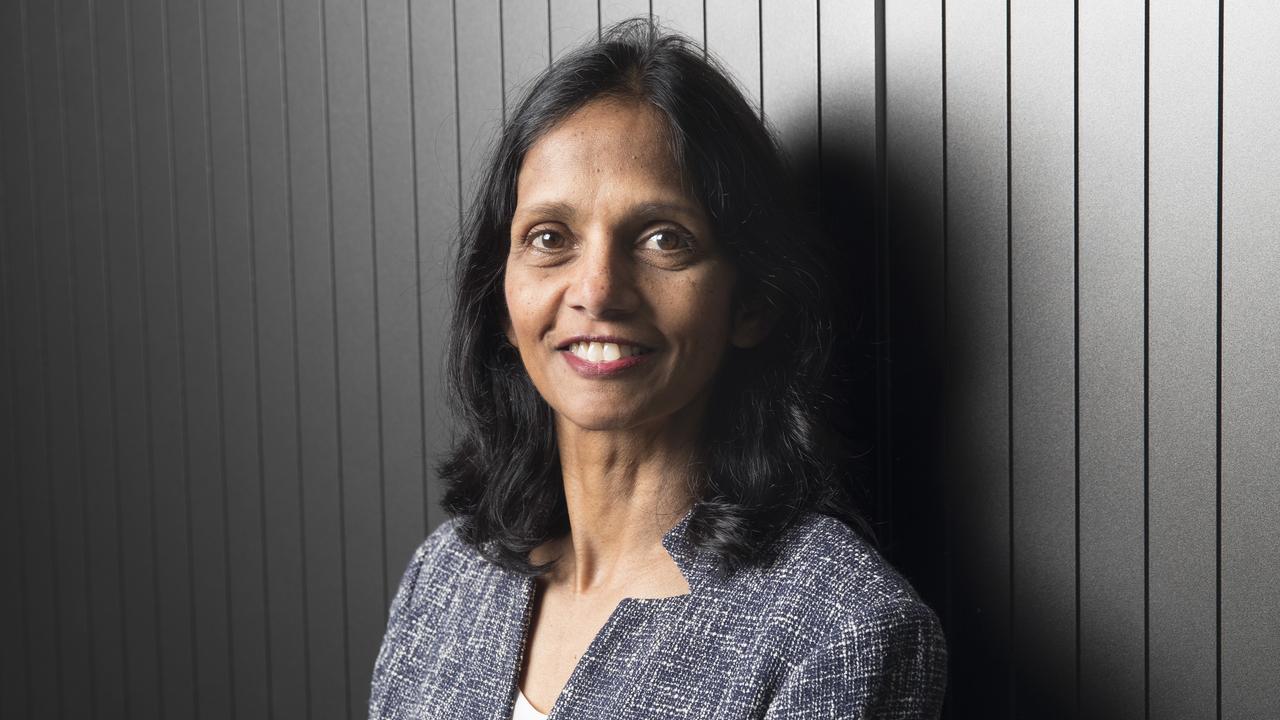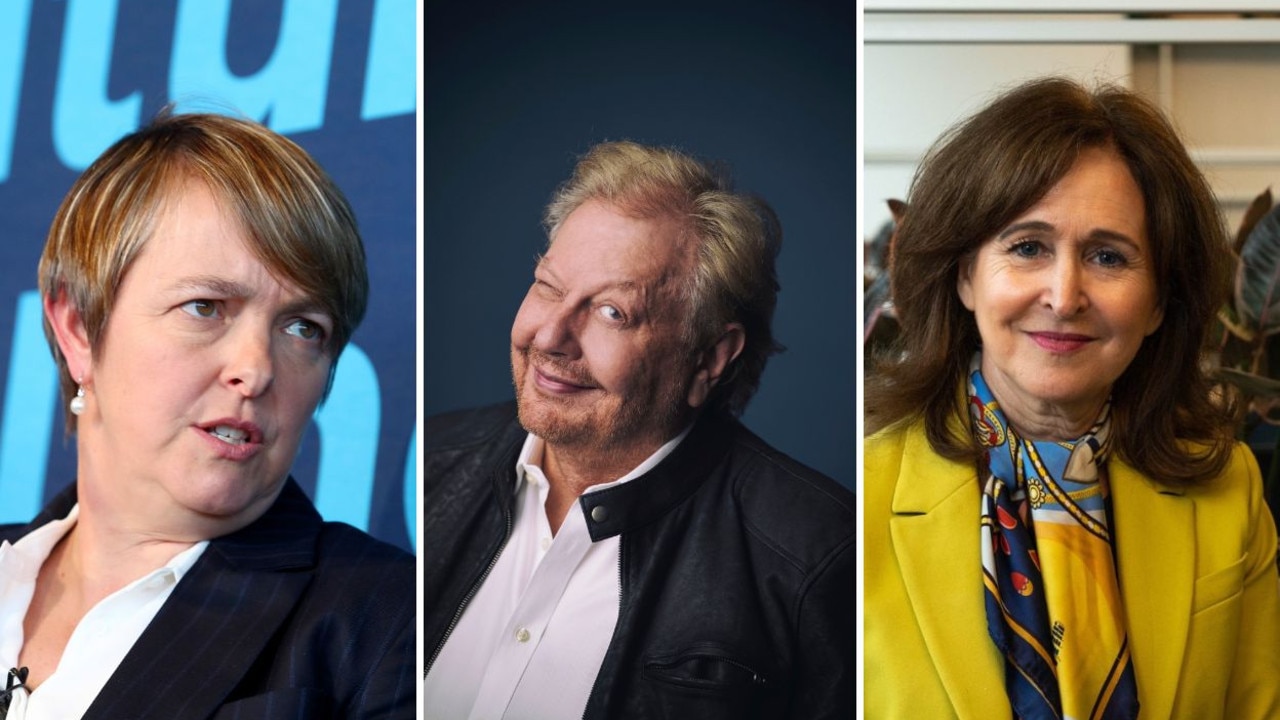Instant millionaires: Canva makes staff rich in $3.6bn share sale
The Australian tech darling has finalised a $3.6bn share sale, making some staff – even those in mid-level positions – instant millionaires.

Canva has made some of its staff instant millionaires after the Australian tech darling finalised a share sale worth $3.6bn.
The share sale was oversubscribed by 150 per cent on its initial target, reaping $US2.4bn ($3.6bn) as the visual communications company prepares for its next phase of growth, targeting the European and US markets ahead of a potential Wall Street listing.
All employees who had been awarded shares which had vested could participate in the share sale. The Australian understands it made a handful of lucky workers millionaires, even those in mid-level positions, out of its global workforce of about 4500.
The sale was also open to former staff and existing investors, valuing Canva at $US26bn.
It comes as Canva made its biggest acquisition to date by taking over Photoshop challenger, UK-based Affinity, for an undisclosed sum. The deal also added an extra 100 employees to Canva’s workforce as targets more professional designers and enterprise clients.
Chief product officer Cameron Adams has said repeatedly that he and his co-founders Melanie Perkins and Cliff Obrecht are not in a rush to list the company, despite spark much hype that it would follow Atlassian with a US listing.
He said the Affinity deal was more focused on bridging the gap between professional and non-professional designers.
“It really is about the partnership between the two products and the new workflows that it unlocks by being able to have both sides of the coin working together. And we obviously think that’s going to drive immense value for Canva as a whole, particularly in the enterprise sphere, which is where we’re growing quite rapidly,” Mr Adams said.
“We’ve got 95 per cent of the Fortune 500 using Canva now, and it’s a real focus of ours for the next decade.”
Goldman Sachs handled the share sale, which was initially expected to deliver $US1bn. The fact that it was oversubscribed has buoyed tech investors after a brutal 18 months in which some start-ups have folded, while bigger companies have sacked tens of thousands of staff.
Canva has adopted a different approach, seeking to retain and grow its workforce. And it repays loyalty.
At five years employees earn an “Epic Recharge” – a month of paid time off plus $3000 to use towards a holiday or any kind of “fun”. Staff also enjoy free drinks and food, lunch cooked by an in-house chef every day, and Canva merchandise, which staff apparently wear even when they’re not in the office.
The share sale comes as Canva is set to showcase its latest products in Los Angeles next month.
Mr Adams revealed the company’s strategy to seize more of the professional designer market, following the Affinity takeover last week.
He said during the past decade Canva had focused heavily on creating products for people without design training. This has led to the company’s name becoming a verb akin to Google in many workplaces when a graphic is commissioned.
Its design templates, which proliferate across businesses, school projects and social media accounts, are easily identified by their playful fonts and palette.
But Mr Adams said there was still a gap in the market, which the Affinity acquisition would help fill.
“After observing what’s going on inside lots of teams, there’s lots of occasions where professional designers are working with non-designers,” he said last week.
“But that hand off between the two different types of users is still really filled with friction, and we see a massive opportunity to bridge those two areas together.”
The Affinity deal was the latest in a series of acquisitions from Europe’s start-up ecosystem, which Mr Adams said had elevated Canva’s technology.
Other deals include Pexels and Pixabay in 2019, Kaleido, Smartmockups and SlidesCarnival in 2021 and Flourish in 2022. The string of deals prompted Canva to open their first European headquarters in London in 2023.
The share sale came after a similar deal the company struck last August that involved Blackbird selling a 3 per cent stake to US investors – including Coatue Management and ICONIQ Capital.
One of Australia’s success stories, Canva’s $US26bn valuation is down about 35 per cent from a peak of $US40bn in September 2021. But it managed to maintain that valuation for the past nine months at a time when other software companies had been forced into mass lay-offs due to the deepening tech downturn.
“Tech valuations over the past 18 months took a real hit all around the world. I’ve been talking to existing investors and other finance folks in this world and the growth that we have shown at Canva just blows their mind,” Mr Adams said in February.
“It impresses them when they’re thinking about other companies that they might invest in over the next couple of years.”
Canva added 80 or 90 million users last year and is generating annual revenue of$2bn.




To join the conversation, please log in. Don't have an account? Register
Join the conversation, you are commenting as Logout